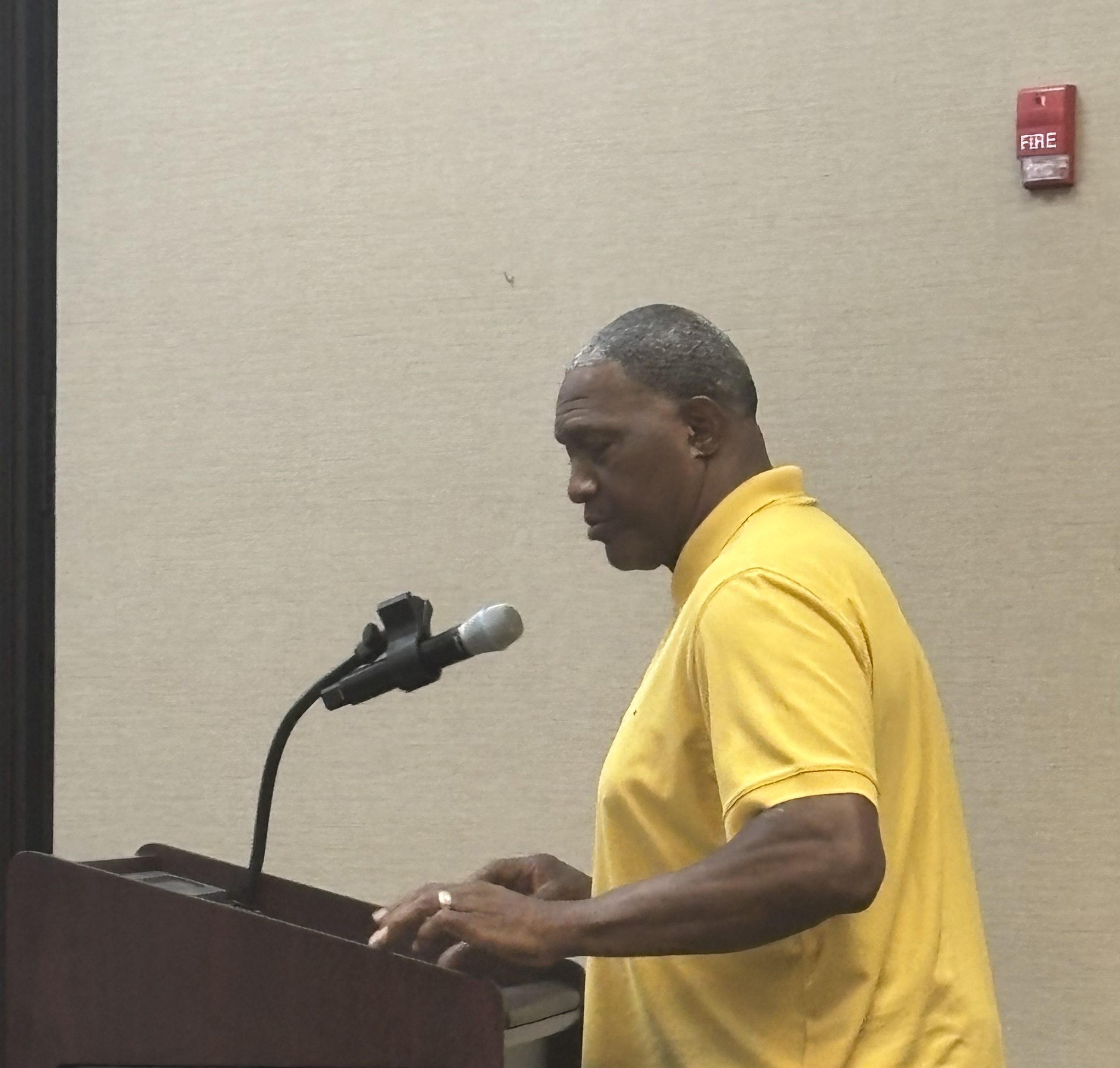Charles Whatley: March 16, 2918
Published 11:34 am Saturday, March 16, 2019
Pure, precise, and accurate are three critical words in any scientific experiment or test. The ingredients or reagents must be pure and the measurements must be precise and accurate. So, I first looked up “purity” in the dictionary and it means “free from anything of a different, inferior, or contaminating kind; free from extraneous matter.” Purity comes from the Latin “purus,” meaning “clean, clear, unmixed, chaste.” When you talk about something that is clean and unmixed, you are talking about purity.
And the measurements must be precise and accurate. It’s possible for measurements to be precise without being accurate; a scientist will take several measurements and if they are precise they’ll be almost exactly the same … but the average or final result could be wrong. It’s also possible for measurements to be accurate without being precise; the several measurements might be very different while the average of those measurements could be absolutely accurate.
But the goal is always the purest ingredients or reagents, and the most precise and accurate measurements possible. Anything else is unacceptable and in a medical lab could cost someone his/her life.
So, “What happens when we live out our salvation in Christ?”
And the answer is, “God continues to work in us to make us holy and blameless.” From Colossians 1: “[22] But now, by means of the physical death of his Son, God has made you his friends, in order to bring you, holy, pure, and faultless, into his presence. [23] You must, of course, continue faithful on a firm and sure foundation, and must not allow yourselves to be shaken from the hope you gained when you heard the gospel.”
Remembering scientific purity, there’s also a purity of character or intentions. Purity has an interesting history from Latin meaning “clean and unmixed” and Old French meaning “simple” and Old German meaning “sift” and Old English meaning “free from moral corruption.” Used in the religious sense, purity is called “sanctification;” it’s the “act or process of acquiring sanctity, of being made or becoming holy.” It sounds simple and easy; but it’s not.
Contaminants creep in and purity is lost; the Old Testament Jews, the Catholic Church in the Middle Ages, and now our modern church have all struggled with the purity of the Biblical message. The Bible is constantly being re-interpreted and re-imagined and the message is constantly being rewritten and updated to speak to our modern world. So once in a while, we need to go back to the “absolute basics” of our Christian faith and re-read the Bible … to re-discover the purity of the Christian faith. I don’t think I’ll ever forget Doug Oldham singing, “God said it, I believe it, and that settles it for me!”
Charles “Buddy” Whatley, a retired United Methodist pastor serving Woodland & Bold Springs UMC and, with Mary Ella, a missionary to the Navajo Reservation.






